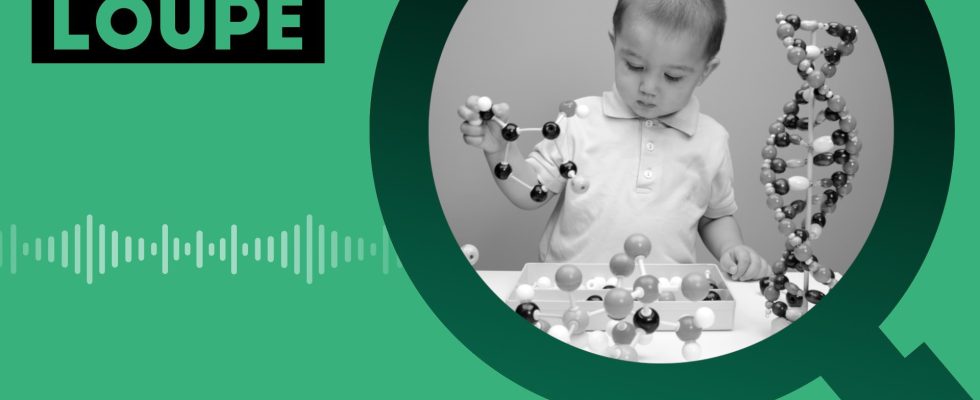In this episode of La Loupe, Xavier Yvon details this debate which agitates geneticists with Stéphanie Benz, head of the Sciences department of L’Express, and Thomas Mahler, deputy director in charge of the Ideas section.
Listen to this episode and subscribe to La Loupe on Apple Podcasts, Spotify, Deezer, Google Podcasts, Podcast Addict And Amazon Music.
The team: Xavier Yvon (presentation), Charlotte Baris (writing), Ambre Rosala (editing), Jules Krot (directing) and Marion Galard (work-study)
Music and dressing: Emmanuel Herschon/Studio Torrent
Picture credits: Gunay Mutlu/iStockphoto
Logo: Anne-Laure Chapelain/Benjamin Chazal
How to listen to a podcast? Follow the leader.
Xavier Yvon: Today, I suggest that we tell a little about our lives. In my family, be it my brothers, my parents, my grandparents, no one has ever had a dog. On the other hand, on the side of my companion, it is quite the opposite. At home, Labradors and other German shepherds are almost a tradition. So, you can imagine that at home it’s the battle about adopting a dog…
It is true that it is easy to imagine that a person who grew up surrounded by pets, keeps this habit as an adult. We say that the environment influences this choice. Still, if you have a dog, it may be in your genes. This question could be genetic.
According to a Swedish study, the existence of variants spread over the genome, which are linked to certain personality traits, would make you have a greater probability… of having a dog. Strictly speaking, it’s not genes that push you to this adoption, but according to this research, we could still say that it is in your DNA.
In this episode of La Loupe, we will therefore look at the thorny question of the innate and the acquired, of what in our genes influences who we are. A debate that divides sociologists and geneticists, revived by recent studies going in the direction of certain behaviorists, and which could even have consequences on political decisions.
For further
PODCAST. The genes of our ancestors at the service of today’s medicine
“Robert Plomin is mistaken in saying that education counts for little in academic success”
Cancer, Alzheimer’s… Predictive genetic tests: where do scientists really stand?
Kathryn Paige Harden: “At birth, we suffer a double social and genetic lottery”
